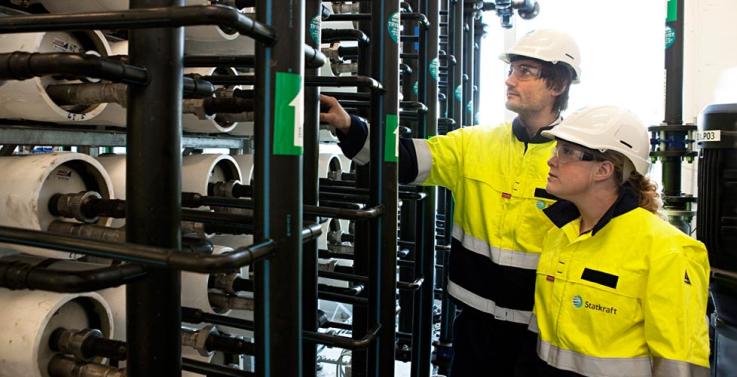
Victoria University is leading a major research collaboration to produce more sustainable technology for desalination.
The National Centre of Excellence in Desalination Australia has announced funding for the $324,444 project to be lead by Victoria University with partners at the University of New South Wales and DOW Water and Process Solutions.
Principal investigator Dr Marlene Cran, from Victoria University’s Institute for Sustainability and Innovation, said the project would investigate ways to re-use, recycle or treat the materials used in membrane water filters for other industries.
“Membrane elements used for desalination have a service life of five to eight years before they must be replaced,” Dr Cran said. “At present, there are few options for disposing of the used elements and they are typically sent to landfill.”
Membranes - which allow certain materials to pass through them but not others - are used to filter water in desalination and other water treatment processes. They are made of complex structures with many polymeric components and while direct recycling is not possible, the individual components may potentially be recovered for other uses.
The sustainability research was one of four projects valued at over $2.5 million recently announced by NCEDA.
NCEDA research into desalination and its application to help drought-proof communities is currently worth more than $80 million, with nearly 50 projects under way across Australia. The Centre is funded by the Australian Government’s Water for the Future initiative.
NCEDA chief executive Neil Palmer said 47 expressions of interest had been received for this latest research funding round, with nine projects shortlisted and reviewed by an expert Research Advisory Committee drawn from the desalination and water industries.
